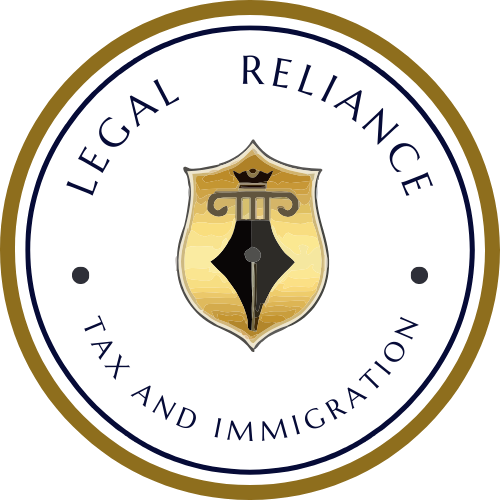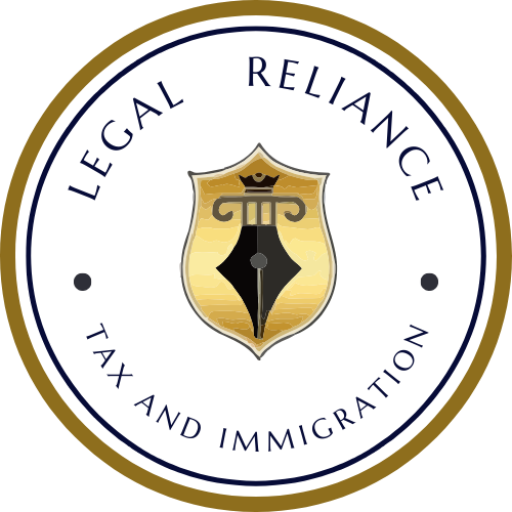Applying for a Canadian Study Visa can be a complex process, and many applicants from Pakistan often face challenges that can result in unnecessary delays or even rejections. Knowing what common mistakes to avoid can significantly improve your chances of success. In this comprehensive guide, we outline the top 10 mistakes that Pakistanis make when applying for a Canadian Study Visa and provide actionable insights to help you navigate the application process smoothly.
1. Insufficient Proof of Financial Support

One of the most critical aspects of a Canadian study visa application is demonstrating that you have sufficient financial resources to cover your tuition, living expenses, and return transportation costs. Many applicants either underestimate the required amount or fail to provide adequate documentation. This mistake can lead to visa denial, as the Canadian government needs assurance that you can sustain yourself financially during your stay.
What to Do Instead: Ensure that your bank statements, proof of income, or sponsorship letters meet the required minimum amounts as specified by the Immigration, Refugees and Citizenship Canada (IRCC). Always include six months of bank statements and evidence of any financial assets that could support your stay in Canada.
2. Incomplete or Incorrect Application Forms
Another common mistake is submitting incomplete or incorrect application forms. Even a minor error, such as a misspelled name or missing date, can lead to a delayed application or outright rejection. Applicants often skip over fields or provide conflicting information in different parts of the application.
What to Do Instead: Double-check all the details on your application forms before submission. It’s advisable to have another person review your forms to catch any errors you may have missed. Make sure your information is consistent across all forms and supporting documents.
3. Lack of a Clear Study Plan or Purpose
Many Pakistani students fail to articulate a strong reason for choosing a particular course or institution in Canada. This lack of clarity can make visa officers question your genuine intent to study, leading to rejection.
What to Do Instead: Prepare a well-written statement of purpose (SOP) that outlines why you chose your program, how it aligns with your academic background, and how it fits your future career aspirations. Highlight why studying in Canada is important for your professional growth and how it differs from similar programs in Pakistan.
4. Insufficient Ties to Home Country
Visa officers assess whether you have strong ties to your home country to determine if you are likely to return after completing your studies. Applicants who fail to demonstrate these ties often face visa refusals under the grounds that they may not return to Pakistan after their study period.
What to Do Instead: Show evidence of property ownership, family responsibilities, or a job offer in Pakistan to prove your intent to return. Emphasize in your SOP how your Canadian education will contribute to your career back in Pakistan.
5. Not Meeting Language Proficiency Requirements
A common oversight is submitting language test scores that do not meet the minimum requirements for the chosen institution or visa category. Submitting low IELTS or TOEFL scores can lead to the immediate refusal of your study permit.
What to Do Instead: Check the language proficiency requirements of both the institution and the IRCC before applying. Aim for a score that meets or exceeds these requirements to strengthen your application. Consider taking language preparation courses if needed.
6. Applying Without an Acceptance Letter from a Designated Learning Institution (DLI)
Submitting your application without a valid acceptance letter from a DLI is a frequent mistake that will result in automatic rejection. Some students mistakenly apply using a letter from a non-DLI or submit an expired letter.
What to Do Instead: Ensure that your acceptance letter is from a recognized DLI listed on the IRCC website and that it is up-to-date. Verify the validity of the letter by contacting the institution directly if you have any doubts.
7. Lack of Proper Documentation for Family Members
If you are including family members in your application, failing to provide proper documentation such as marriage certificates or birth certificates can complicate your application. This often results in the delay or denial of the family members’ visa applications.
What to Do Instead: Submit all required documents for each family member and ensure that translations are certified if the documents are not in English or French. Include additional financial proof if your family members are accompanying you.
8. Not Providing Up-to-Date Medical Records
Applicants from Pakistan are required to undergo a medical examination as part of the visa application process. Failing to provide up-to-date medical records or completing the medical examination too late can cause delays or rejection.
What to Do Instead: Schedule your medical examination early in the application process and submit the results promptly. Make sure to attend only the approved panel physicians listed on the IRCC website.
9. Misrepresentation of Information
Misrepresentation, whether intentional or unintentional, is a serious offense that can lead to a five-year ban from entering Canada. This includes providing false information about your academic history, employment status, or financial situation.
What to Do Instead: Always provide honest and accurate in your application. If there are any discrepancies, explain them in a cover letter. is key to avoiding misrepresentation issues.
10. Applying Without Understanding the Current Visa Requirements
Visa requirements can change frequently, and applying without understanding the latest criteria is a common mistake. Applicants often rely on outdated information or guidance from unverified sources, which can lead to rejection.
What to Do Instead: Consult the official IRCC website or seek advice from authorized immigration consultants to stay updated on the latest visa requirements. Make sure that all your documents and application procedures align with the current guidelines. contact








